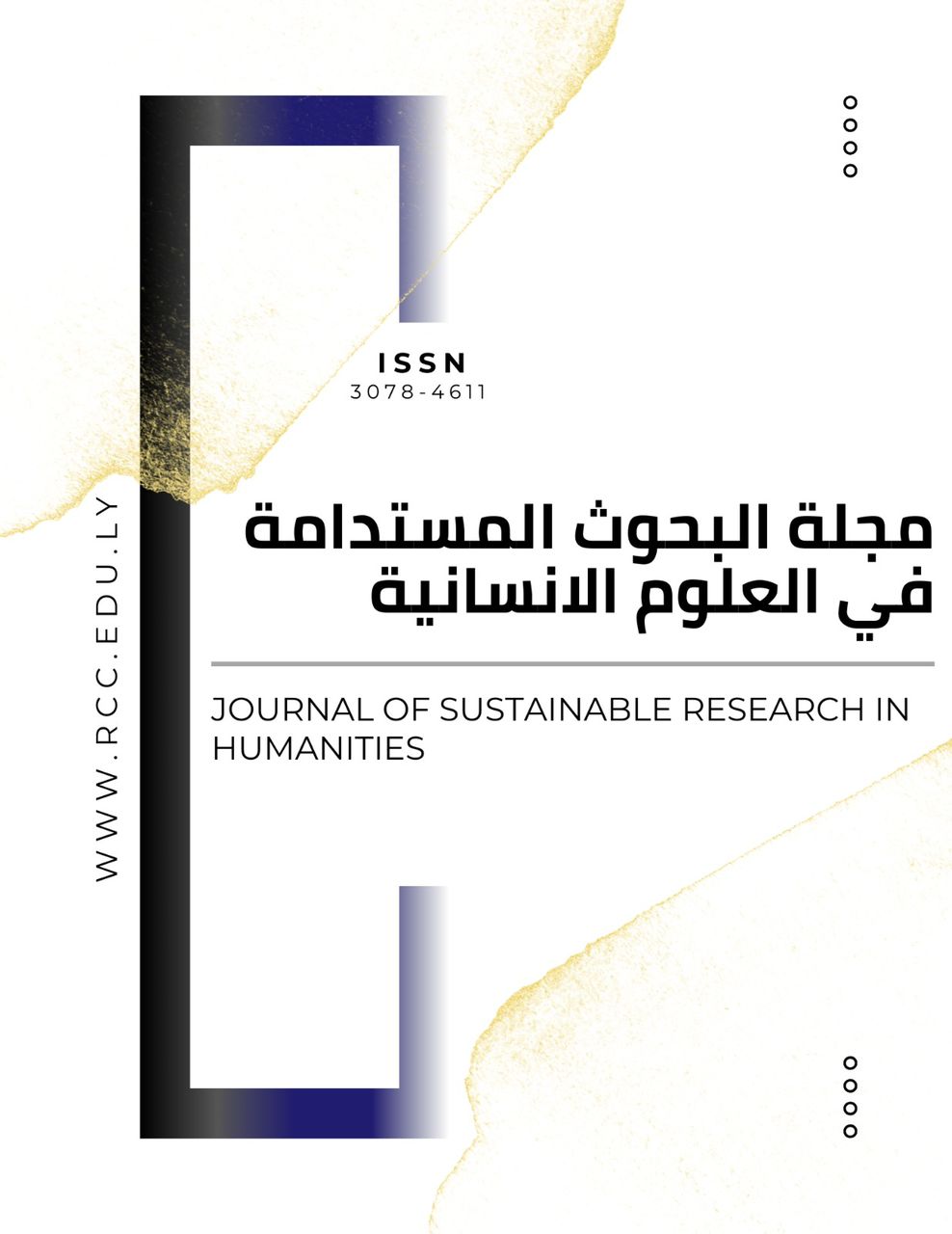"The Role of Corporate Governance Principles in Narrowing the Expectation Gap from the Perspective of External Auditors Registered with the Central Bank of Libya"
DOI:
https://doi.org/10.36602/jsrhs.2025.2.1.4Abstract
The study aimed to identify the role of the OECD principles of corporate governance in narrowing the expectations gap in the auditing profession in Libya from the perspective of external auditors registered with the Central Bank of Libya. The descriptive-analytical approach was used, with 40 questionnaires distributed and responses collected from a sample of 36 external auditors. The SPSS program was utilized for data analysis and hypothesis testing. The study concluded that corporate governance plays a significant and prominent role in reducing the expectations gap in the auditing profession in Libya. The principle of protecting shareholders' rights had the most substantial impact on narrowing the expectations gap, with an average of 3.816, while the principle of ensuring a basis for an effective corporate governance framework had the least impact, with an average of 3.260. The application of corporate governance, particularly through the adoption of the principle of equal treatment for all shareholders, plays a major role in narrowing the expectations gap. Furthermore, adopting corporate governance principles to protect the rights of stakeholders, including shareholders and others, significantly enhances their confidence in financial statements, leading to a reduced expectations gap for auditors. Additionally, adopting the principle of disclosure and transparency through corporate governance effectively contributes to narrowing the expectations gap by ensuring clear and transparent financial reporting. Lastly, the application of the principle of board responsibilities plays a clear role in minimizing the expectations gap.
Downloads
Downloads
Published
Issue
Section
License

This work is licensed under a Creative Commons Attribution-NonCommercial 4.0 International License.








